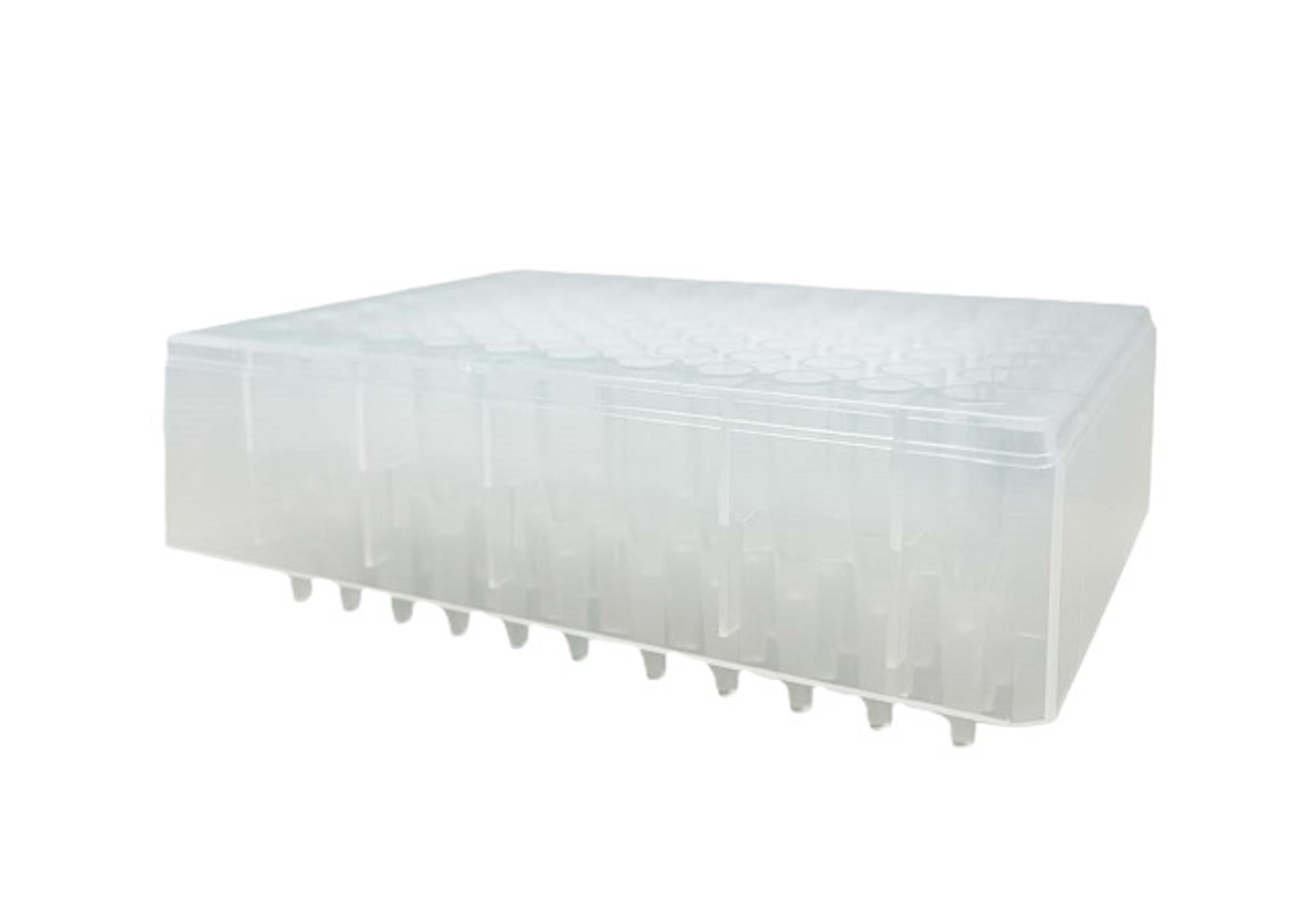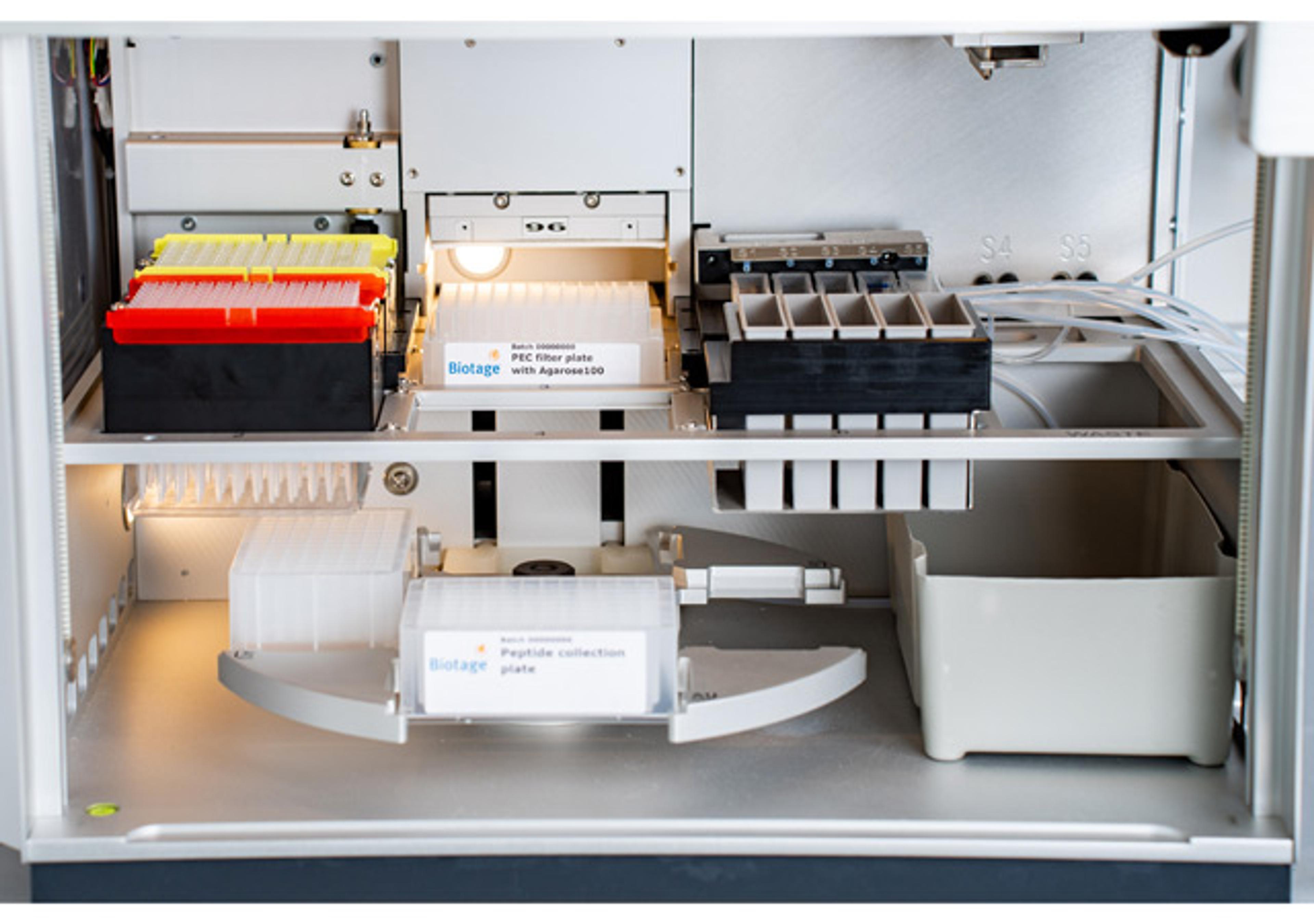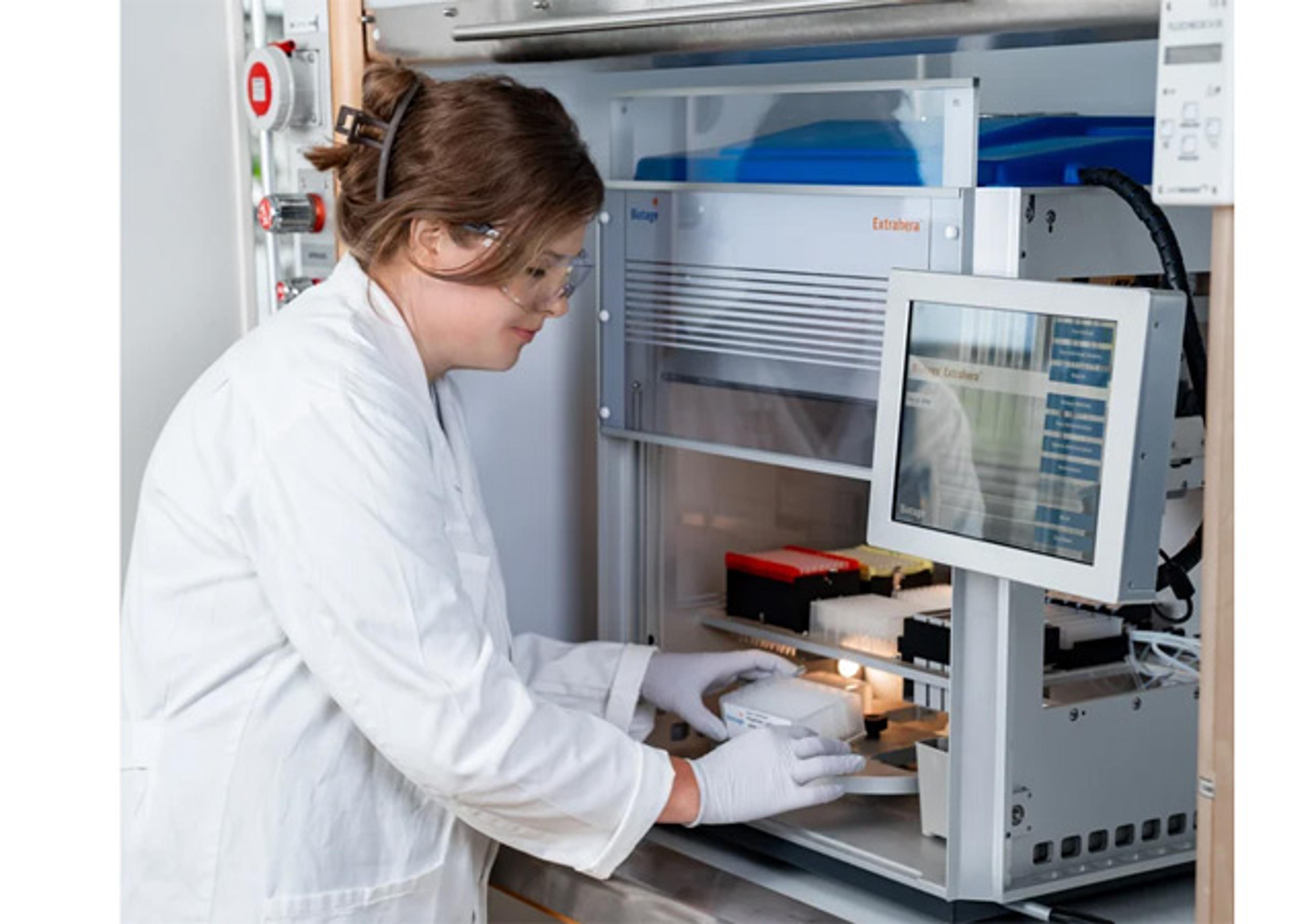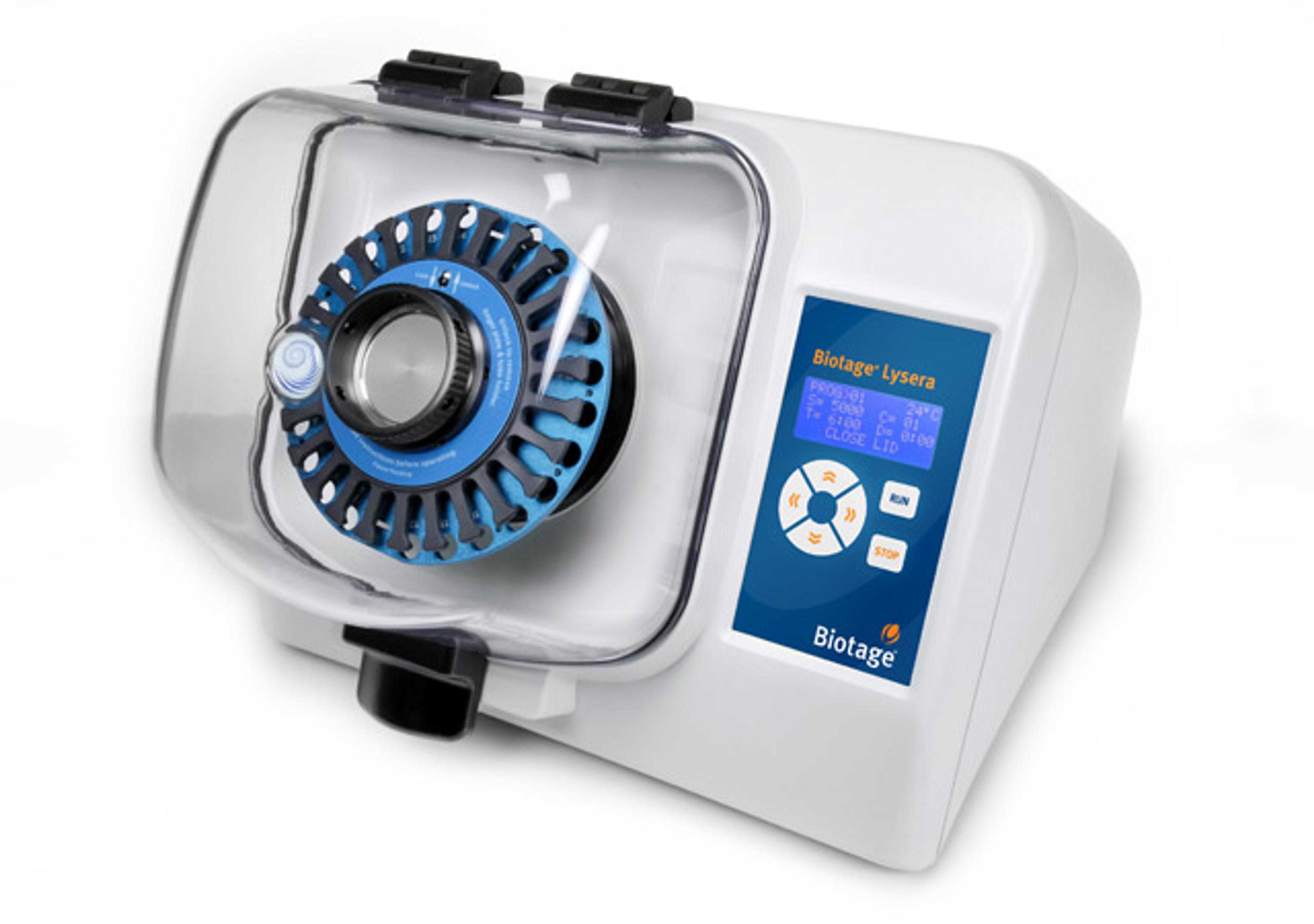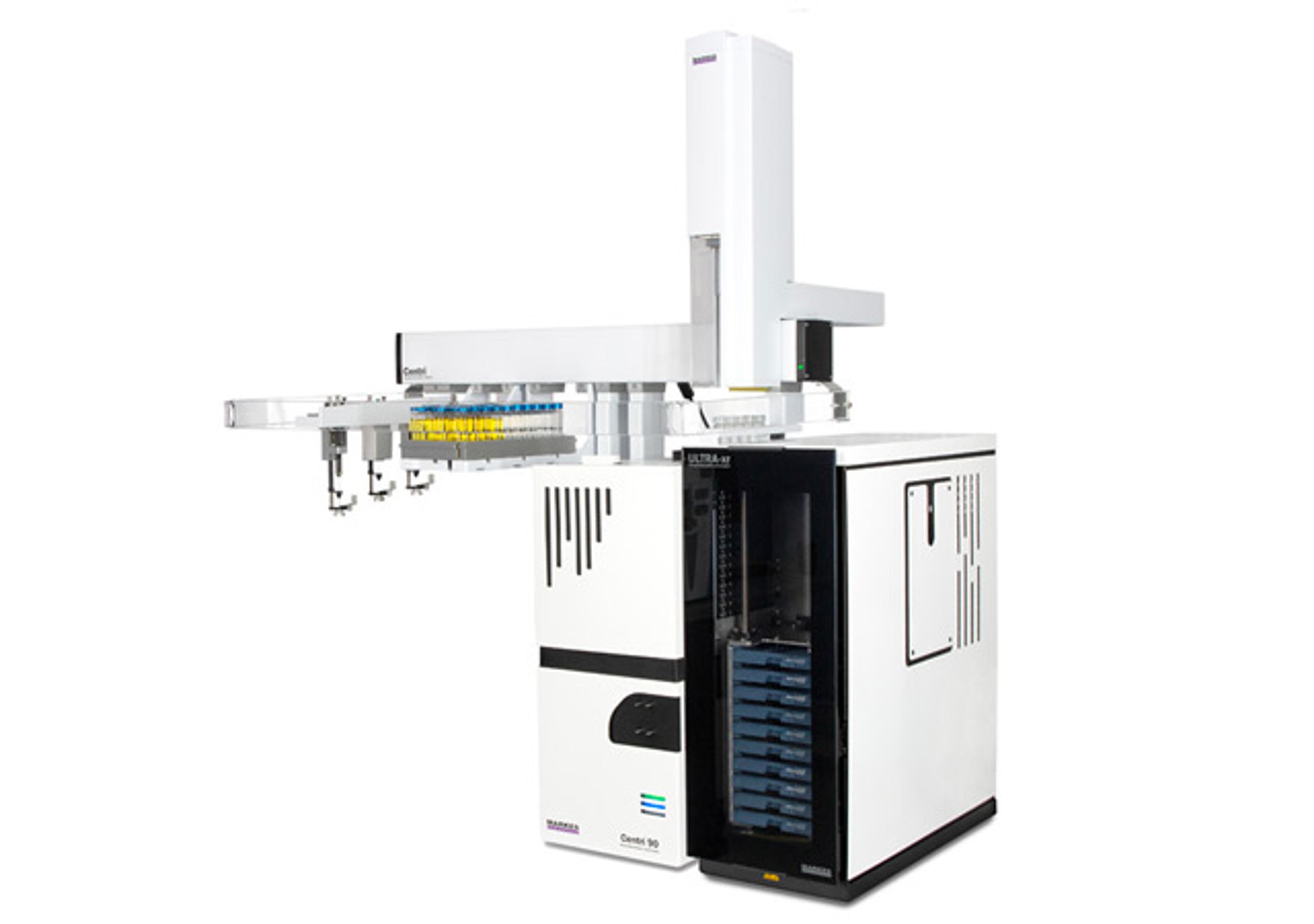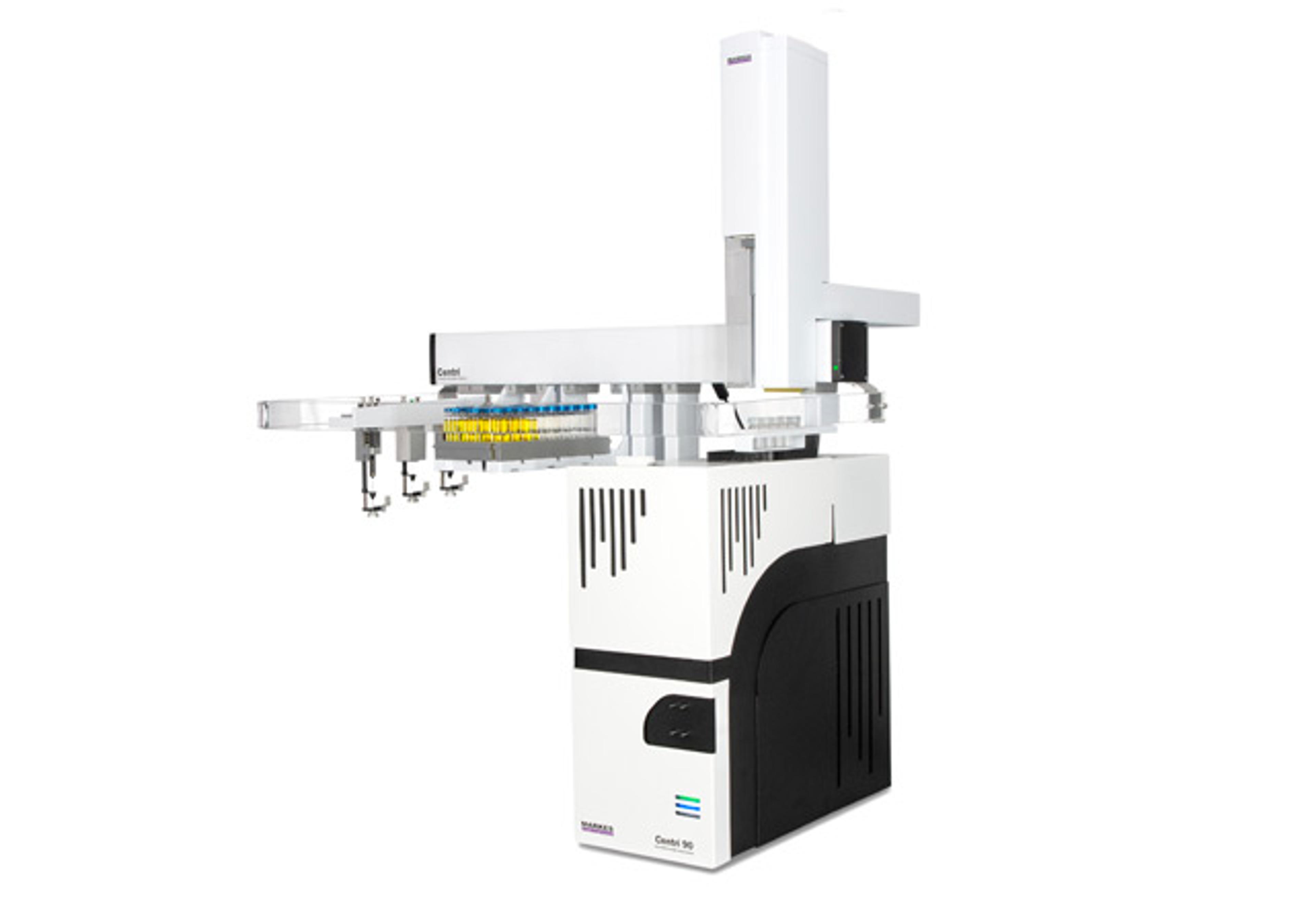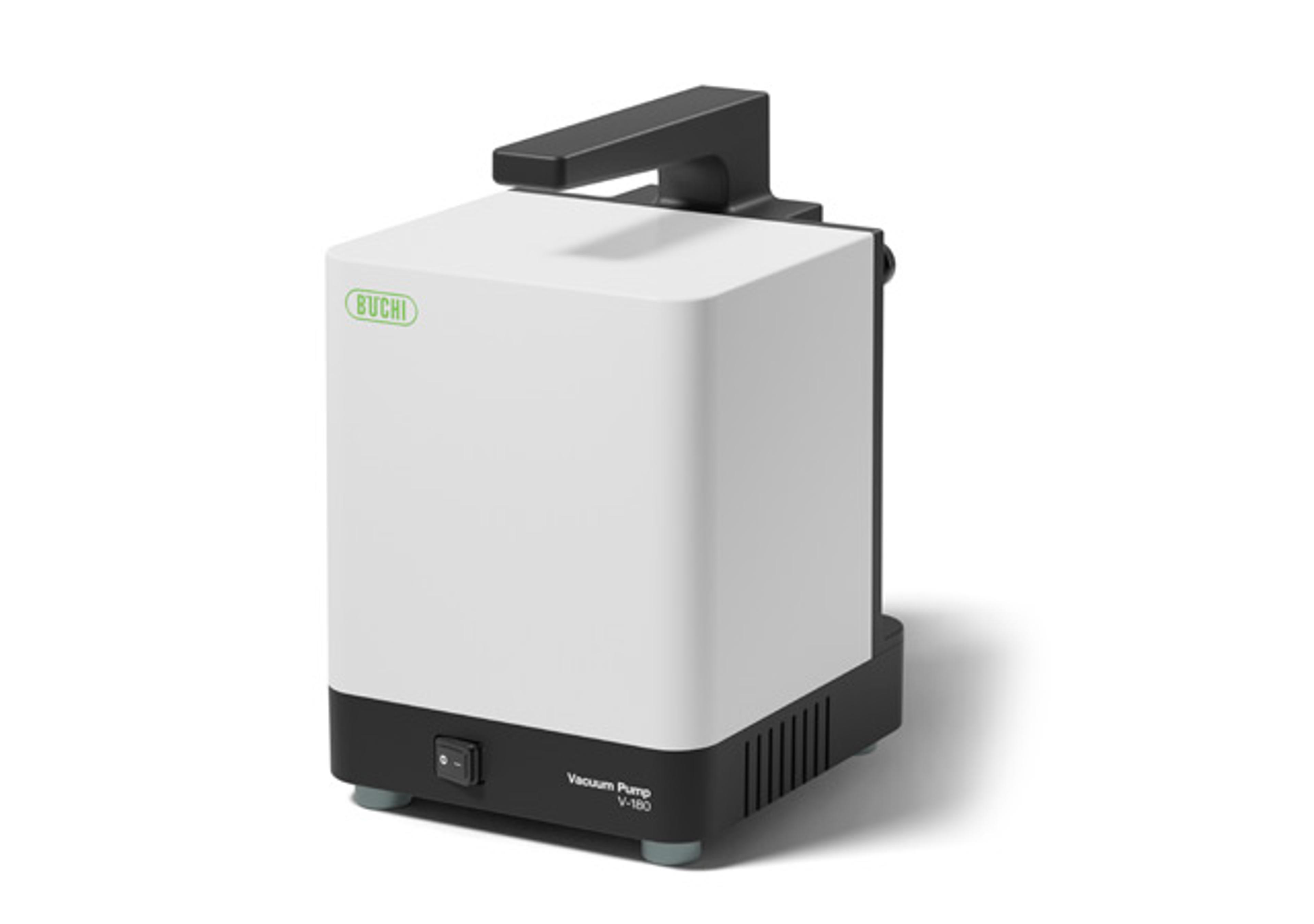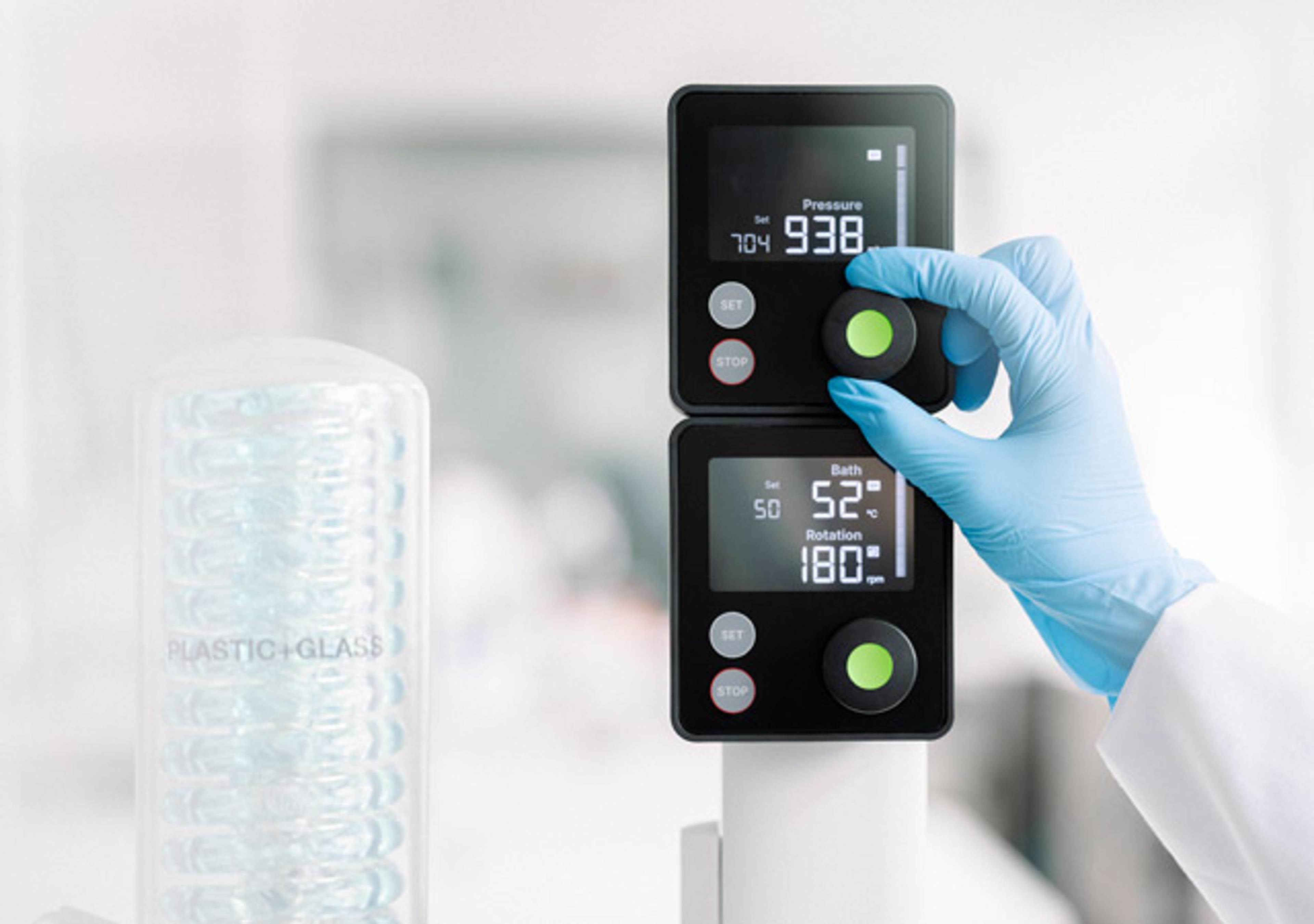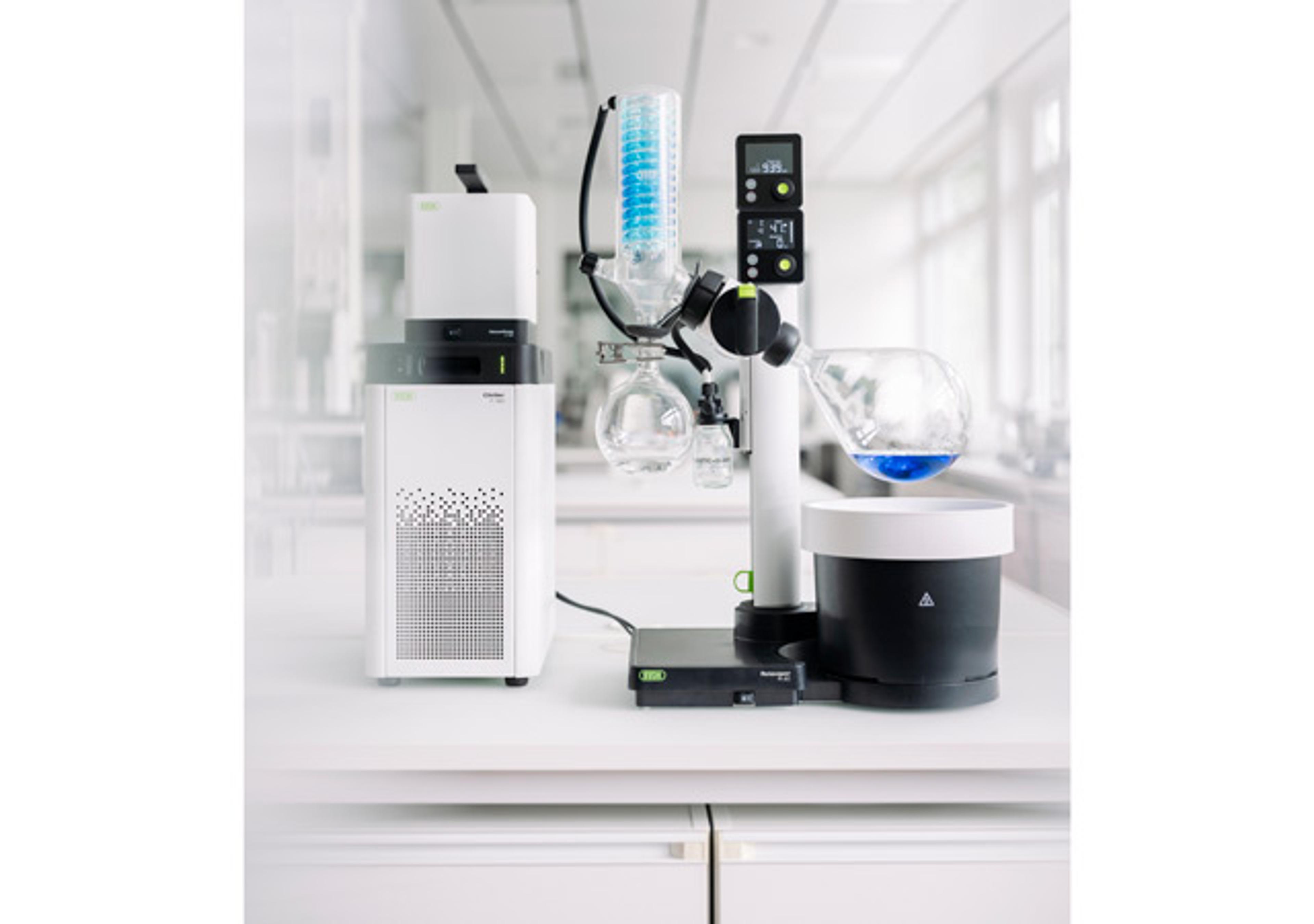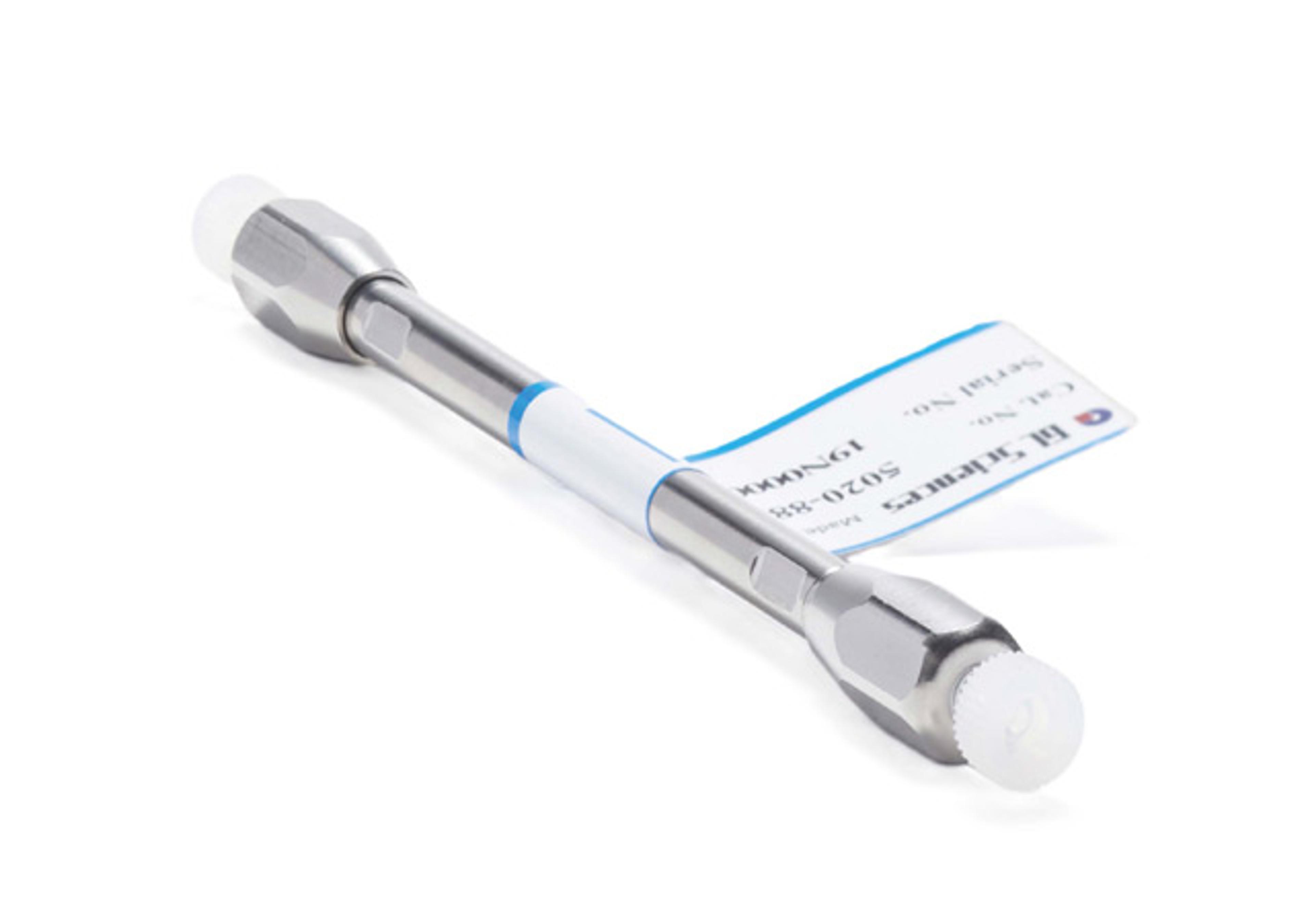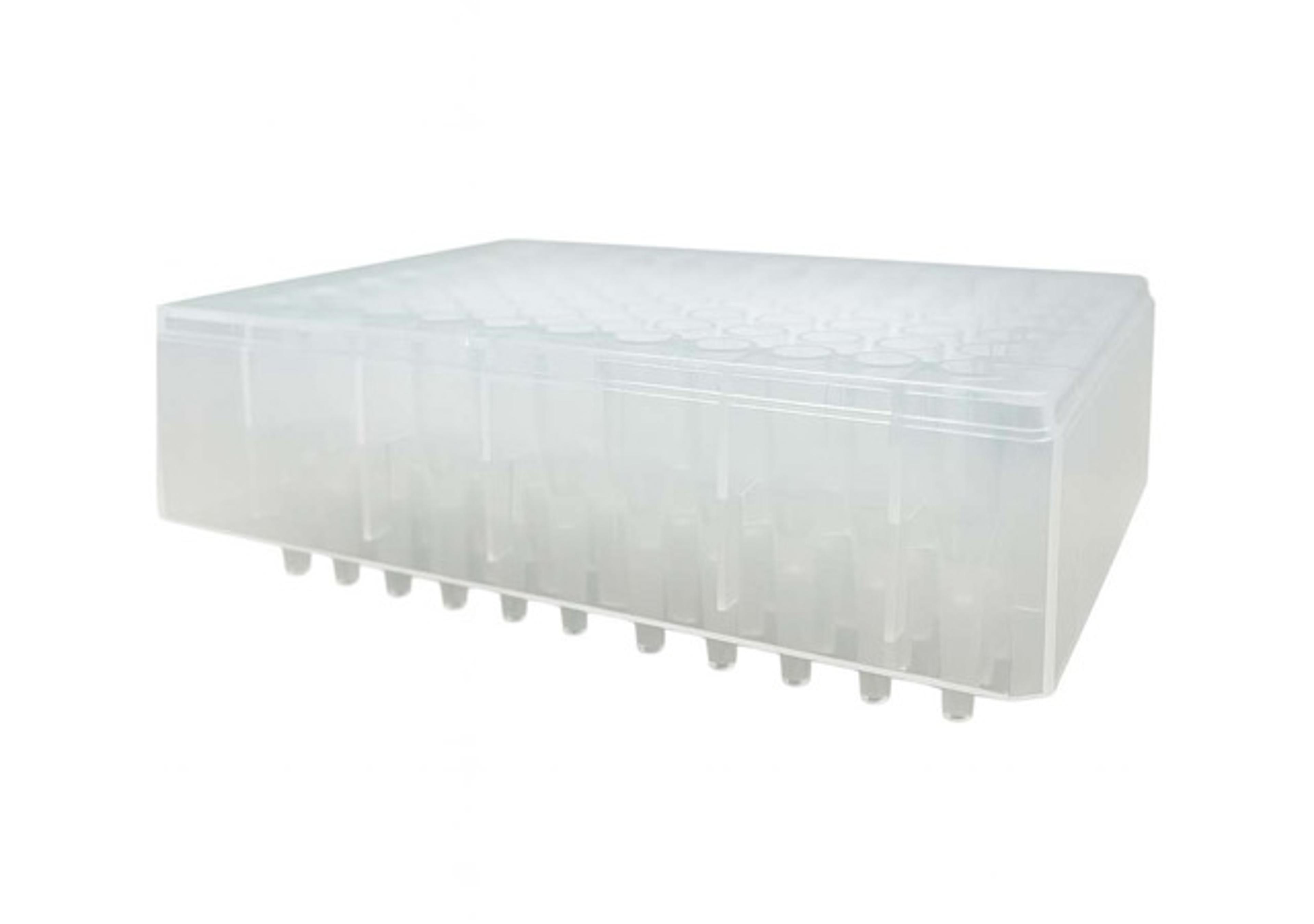Steriflip® Filter Units
The Steriflip filter unit is designed to work with standard 50 mL centrifuge tubes, which eliminates sample transfer. To filter, just attach the unit to a 50 mL centrifuge tube containing your sample, flip it over, and apply the vacuum. When finished, the filtrate collects in the attached 50 mL centrifuge tube.Steriflip Nylon Net filters are now available in 40, 60 and 100 µm pore sizes, making them ideal for stem cell, cardio…

The supplier does not provide quotations for this product through SelectScience. You can search for similar products in our Product Directory.
So easy to use and ensures sterility!
Filtration
I love Steriflips! All Milipore filters are of great quality, but Steriflips in particular are so easy to use and make my life so much easier. Every time I collect a baculovirus or prepare a sterile solution for tissue culture work, I can just mix things in the 50ml conical, screw the Steriflip, flip and voilla! Love it! It ensures ease of use and sterility. The cost is substantial, but taken the time savings and eliminating plastic waste (syringes and screw on filters) it is worth it!
Review Date: 14 Nov 2019 | Merck
Filtering of intermediate product to remove undigested tissue
This item is functionally closed and unlike cell strainers, not messy at all. It has been a great addition to our process as we use it in a cGMP environment.
Review Date: 11 Dec 2014 | Merck
Sterilization Of 50 Ml Or Less
This is the best idea for a filter system. Before these you would have to use either a much larger bottle filter or an unwieldy syringe filter to filter any volume less than 50 ml. These are easy to use and ingenious in design.
Review Date: 18 Feb 2014 | Merck
The Steriflip filter unit is designed to work with standard 50 mL centrifuge tubes, which eliminates sample transfer. To filter, just attach the unit to a 50 mL centrifuge tube containing your sample, flip it over, and apply the vacuum. When finished, the filtrate collects in the attached 50 mL centrifuge tube.
Steriflip Nylon Net filters are now available in 40, 60 and 100 µm pore sizes, making them ideal for stem cell, cardiomyocite, neurological and skeletal tissue applications. The vacuum-assisted, closed system option ensures sample sterility while enabling faster separation of large volumes of cellular material and improved recoveries




